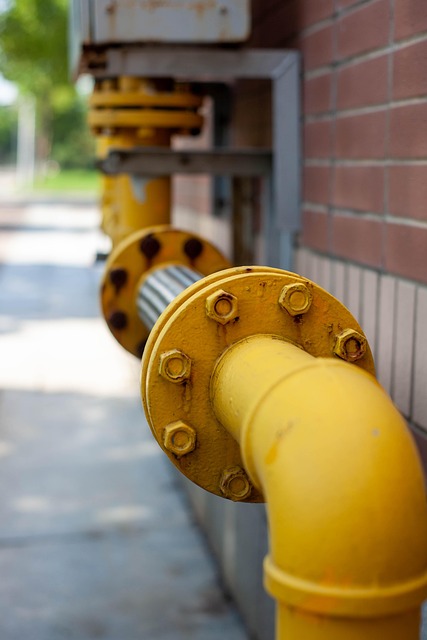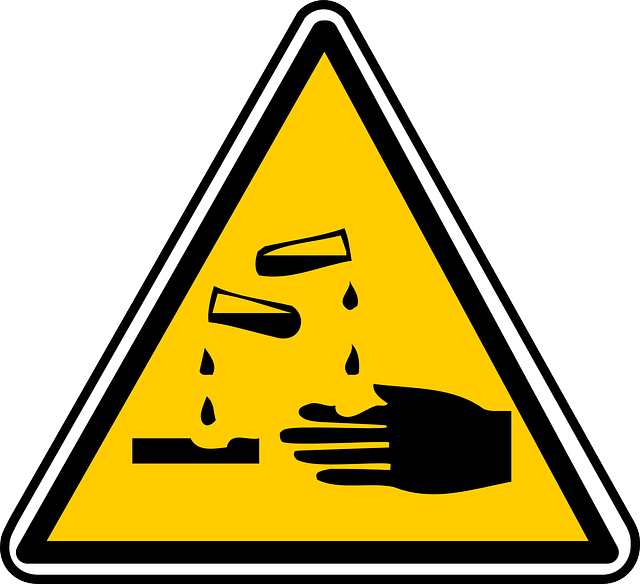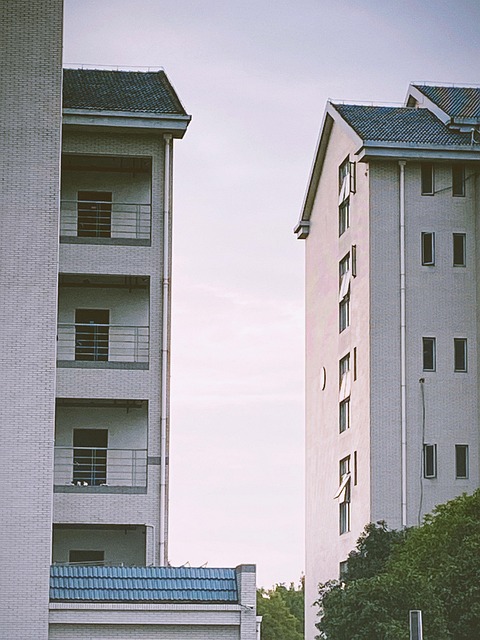The text identifies Common Causes of Pipe Corrosion as moisture (especially in humid or flooded areas), material type (metal pipes susceptible to rust), chemical substances, rapid temperature changes, and poor installation. It emphasizes the importance of understanding these causes to prevent costly repairs. To extend pipe life, solutions include addressing moisture intrusion, improving ventilation, managing chemical exposure, conducting regular inspections, ensuring proper drainage and venting, using protective coatings, and employing corrosion-inhibiting products tailored to the plumbing system.
Extending the life of your pipes and preventing corrosion damage is essential for maintaining a reliable plumbing system. This comprehensive guide delves into the understanding of common causes of pipe corrosion, offering preventative measures, and providing regular maintenance tips. By implementing these strategies, you can significantly prolong the lifespan of your pipes, reduce the risk of costly repairs, and ensure optimal performance in your plumbing infrastructure. Learn how to navigate the challenges of pipe corrosion and protect your investment.
- Understanding Common Causes of Pipe Corrosion
- Preventative Measures to Prolong Pipe Life
- Regular Maintenance Tips for Effective Protection
Understanding Common Causes of Pipe Corrosion

Pipe corrosion is a common issue that can lead to costly repairs and disruptions. Understanding the common causes is the first step in preventing damage. One major factor is exposure to moisture, especially in environments with high humidity or frequent flooding. Over time, water can penetrate pipe seams and joints, leading to rust and erosion. Another significant cause is the type of material used; metal pipes, particularly those made from iron or steel, are more susceptible to corrosion compared to plastic or copper alternatives.
Chemical substances present in water supplies can also accelerate corrosion. Chlorine, for instance, is often added to municipal water to kill bacteria but can degrade pipe material. Additionally, rapid changes in water temperature can cause thermal shock, leading to pipe failure and corrosion. Lastly, poor installation practices, such as using subpar materials or inadequate sealing, create entry points for moisture and air, exacerbating corrosion issues.
Preventative Measures to Prolong Pipe Life

To extend the life of your pipes and prevent corrosion damage, it’s essential to understand and implement preventative measures. One of the key steps is identifying and addressing the common causes of pipe corrosion, such as moisture intrusion, poor ventilation, and exposure to harsh chemicals. Regular inspection and maintenance play a pivotal role in this process; checking for any signs of leaks, rust, or damage can help catch potential issues early on.
Additionally, ensuring proper drainage and venting systems is crucial. Unremoved standing water and inadequate air circulation can accelerate corrosion, so maintaining these aspects will go a long way in prolonging pipe life. Using protective coatings and liners designed for pipes, especially in areas prone to moisture or extreme temperatures, can also provide an extra layer of defense against corrosion damage.
Regular Maintenance Tips for Effective Protection

Regular maintenance is key to extending the life of your pipes and preventing corrosion damage. Start by inspecting your pipes for any signs of wear, leaks, or moisture buildup at least once a year. Addressing issues early can prevent more severe damage down the line. Keep an eye out for common causes of pipe corrosion like old or damaged piping, improper drainage, and excessive moisture.
To effectively protect your pipes, implement preventive measures such as sealing any gaps or cracks, maintaining proper ventilation to reduce condensation, and using insulation in cold areas to avoid freezing. Regular cleaning is also crucial; remove debris and mineral buildup from pipes and fixtures with regular flushing and maintenance washes. Additionally, consider using corrosion-inhibiting products recommended for your specific plumbing system.
By understanding the common causes of pipe corrosion and implementing preventative measures, you can significantly extend the life of your pipes. Regular maintenance is key to effective protection against corrosion damage, ensuring your plumbing system remains efficient and reliable for years to come. Remember, proactive care is always better than costly repairs.
